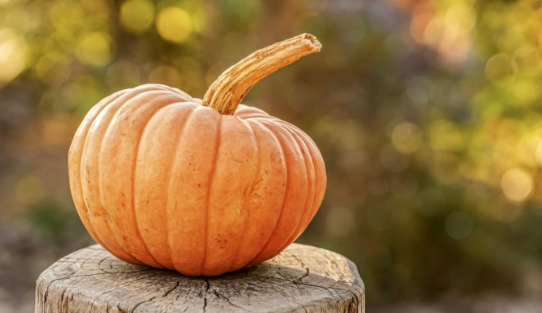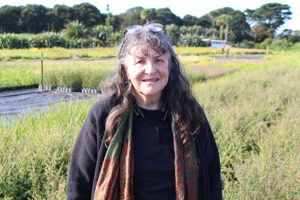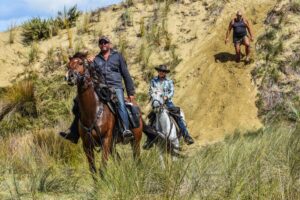April in the garden is a great time to finish harvesting the summer crops and then start to breathe new life into the soil. As the temperatures begin to cool, it is easier to spend more time outside getting the garden prepared for the new plants.
Vegetables
Harvest the last of your late summer vegetables – pumpkins, potatoes and onions, and store in a cool place.
If you choose to give your vege patch a rest over the winter, add nutrients back into the soil by sowing a crop of blue lupins or mustard seed, which will add nitrogen and improve the soil structure. Raised vege beds can be a bonus in winter, increasing the drainage and helping with growth rates due the warmth in the soil. Replenish soil and add blood and bone, sheep pellets and mulch if you wish.
Transplant your winter seedlings or sow seeds of beetroot, broccoli, cabbage, cauliflower, carrots, leeks, onions, spinach, swedes and turnips directly into your garden.
Once you have cleared your tomato patch, dig in some compost, blood and bone and sheep pellets, and plant leafy greens like spinach, silverbeet, broccoli, cabbage or cauliflower. A liquid seaweed fertiliser is an excellent plant starter – it helps to stimulate root growth.

Flowers
Cultivate and side dress with fertiliser winter and spring flowering annuals and bulbs. It is not too late to plant some more spring bulbs.
After late autumn annuals have finished flowering, remove old plants add to compost and replenish soils for new planting.
You can begin planting sweet peas seeds, also alyssum, aquilegia, calendula, cineraria, cornflower, dianthus, hollyhock, livingstone daisy, lobelia, nemesia, snapdragon, statice and stock to name a few. Once seeds are sown, water gently and keep the soil moist while they establish.
Fruits
Continue to harvest late season apples, many can be left to tree ripen. These can be harvested through May and June.
Leaf fall of most deciduous trees commences.
A late autumn clean up fungicide spray is needed to give protection and prevent carry over of diseases into next season.Apply a copper spray and include your stone fruit trees as well.
Citrus trees require constant feeding and watering if rainfall is low. It’s a busy time for the trees with fruit ripening over the next few months. Feed each week with liquid feed or with dry citrus food around the drip and watering well. Remove lower hanging branches to improve air flow around the trunk. Mulch well, keeping it away from the trunk.
Lawns
This is the best month for sowing a new lawn or repairing your lawn.
Mix in Saturaid with your grass seed and spread over prepared soil. This will help improve the water penetration through the soil and reduce any dry patches.
Mow regularly, remove clippings and water in the morning. Aerate or core to improve drainage and feed.
Herbs
Sow sage, rosemary, thyme and chives.
Compost Heap
Add fallen leaves, and prunings.
Stay safe and well.
– Ngatea Garden Circle




